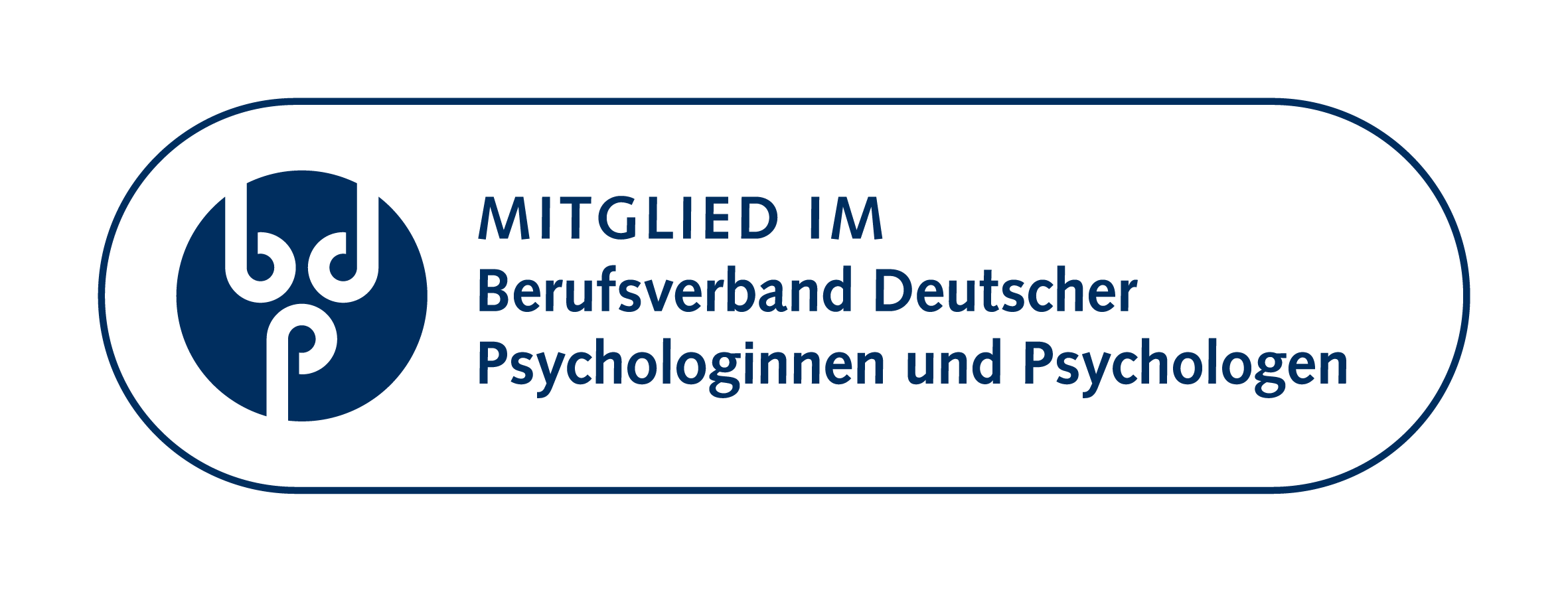As a professional psychologist, I often encounter individuals who are incredibly kind and understanding towards others, yet struggle to extend that same warmth to themselves. This internal paradox, where we are our own harshest critics, is a common source of distress. This is where self-compassion comes in – a powerful concept that can truly transform our relationship with ourselves and enhance our overall well-being.
Self-compassion isn't about self-pity or letting yourself off the hook for mistakes; it's about treating yourself with the same kindness, understanding, and acceptance you would offer to a dear friend facing a difficult time. It’s a foundational aspect of mental health and resilience, allowing us to navigate life's inevitable challenges with greater ease and less suffering.
Many people have questions about what self-compassion truly means and how it can be cultivated. Let's explore some of these common inquiries:
What are the core components of self-compassion?
According to Dr. Kristin Neff, a leading researcher in the field, self-compassion comprises three interconnected elements: self-kindness versus self-judgment, common humanity versus isolation, and mindfulness versus over-identification with thoughts and emotions. Self-kindness means being warm and understanding toward ourselves when we suffer, fail, or feel inadequate, rather than ignoring our pain or flagellating ourselves with self-criticism. Common humanity acknowledges that suffering and personal inadequacy are part of the shared human experience, rather than something that isolates us. Mindfulness involves observing our thoughts and feelings with openness and clarity, without getting swept away by them or suppressing them.
Why is self-compassion important for mental well-being?
Practicing self-compassion has been linked to numerous psychological benefits. It fosters greater emotional resilience, reduces symptoms of anxiety and depression, and can lead to increased motivation and personal growth. When we are self-compassionate, we are better equipped to learn from our mistakes, cope with setbacks, and maintain a healthier perspective on our imperfections. It helps us build a stronger, more supportive inner voice, which is crucial for navigating life's ups and downs.
How can I develop more self-compassion in my daily life?
Developing self-compassion is a practice, much like building a muscle. Simple steps include consciously observing your inner self-talk and gently reframing harsh criticism into supportive understanding. Try to treat yourself as you would a loved one – what words of comfort or encouragement would you offer them? Engaging in mindful self-care activities, acknowledging your shared humanity with others, and practicing simple mindfulness exercises can also significantly enhance your self-compassion over time. It's about cultivating an inner sanctuary of kindness.
This "Selbstmitgefühl" test is designed to provide you with an initial snapshot of your self-compassion levels. It aims to help you understand:
- What your current relationship with yourself looks like.
- Areas where you might be more self-critical or isolated.
- Opportunities to cultivate greater kindness and understanding towards yourself.
Remember, this test is a tool for self-reflection, not a diagnosis. If you find your results indicate a significant struggle, or if you're experiencing ongoing distress, please consider reaching out to a qualified mental health professional. They can provide personalized support and strategies to help you nurture your inner self-compassion.
























